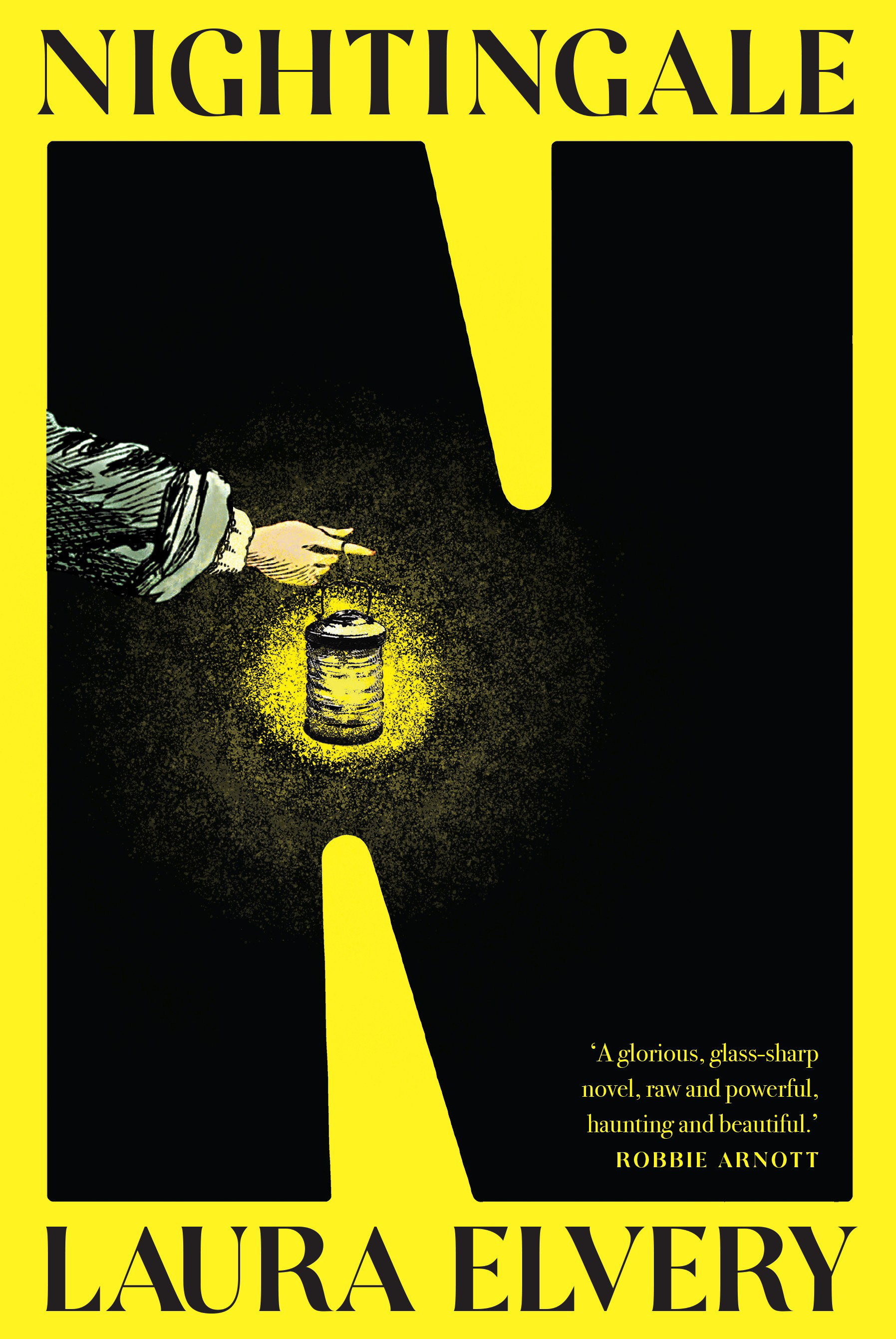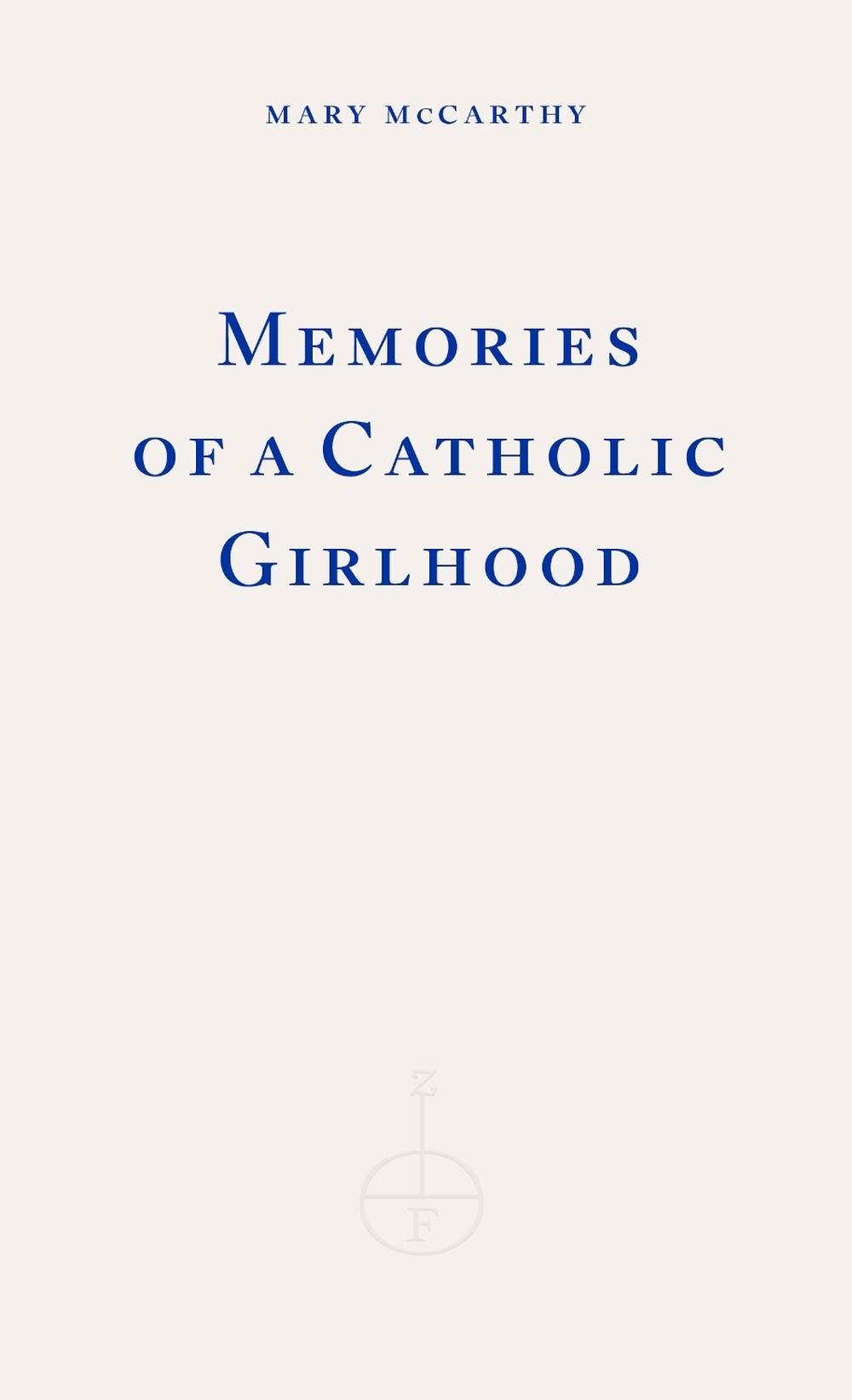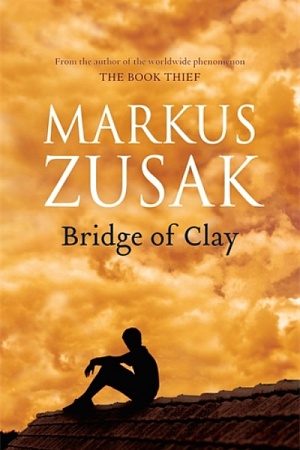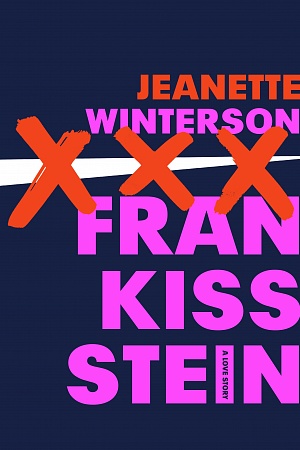Home Fire
Bloomsbury $24.99 pb, 264 pp, 9781408886786
Home Fire by Kamila Shamsie
‘No man who is his country’s enemy shall call himself my friend. Of this I am sure.’
Creon, Antigone
‘I did not think your edicts strong enough to overrule the unwritten unalterable laws of God and heaven, you being only a man.’
Antigone, Antigone
Sophocles might not have foreseen when he wrote his tragedy Antigone in 441 BCE that the issues he explored would remain topical in 2017. In the play, Polynices, Antigone’s brother, has died whilst attacking Thebes, his own city, in a bid for the crown. Creon, king of Thebes, has ordered that Polynices’s body be left unburied, ‘to be eaten by dogs and vultures’, and that anyone who contravenes that order should be killed. To leave a loved one unburied was taboo in Ancient Greece; Antigone resolves to defy Creon and bury her brother. The fact that Antigone is betrothed to Creon’s son Haemon complicates matters, and the standoff between the unyielding Antigone and Creon triggers a conflict of epic dimensions. What on one level is a clash between the individual and the state is also a struggle between different generations and genders, and, at a more profound level, between justice and the law, eternal laws and human laws, loyalty to family and to country.
Continue reading for only $10 per month. Subscribe and gain full access to Australian Book Review. Already a subscriber? Sign in. If you need assistance, feel free to contact us.




 RAI.png)










Leave a comment
If you are an ABR subscriber, you will need to sign in to post a comment.
If you have forgotten your sign in details, or if you receive an error message when trying to submit your comment, please email your comment (and the name of the article to which it relates) to ABR Comments. We will review your comment and, subject to approval, we will post it under your name.
Please note that all comments must be approved by ABR and comply with our Terms & Conditions.